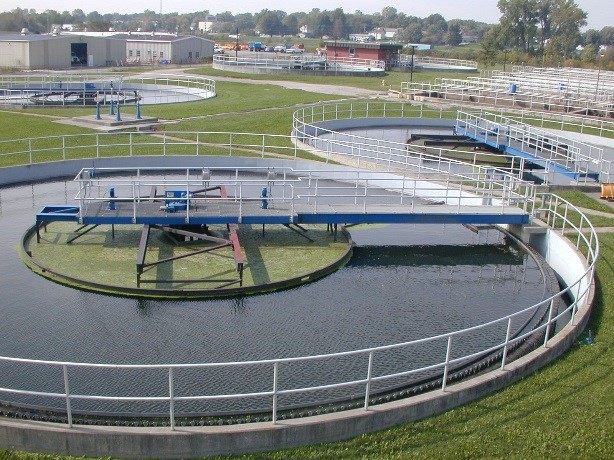Every day, a huge amount of water from domestic and heavy industry sewage is wasted. Whether they do this on purpose or not, people do not care much about the treatment of wastewater. Aside from affecting people, animals, and plants nearby directly or indirectly, it also affects the environment. The water that has been treated can be used in many ways. For instance, the treatment plant produces reusable water that is safe for people to use and drink. Also, industries can reuse the treated water for manufacturing products and reaping other benefits. This article will help people understand the ways by which industrial water treatment helps save thousands of liters of water daily. The industrial water treatment facility treats water to make it reusable to consume, manufacture or dispose of. Treating wastewater offers several benefits, some of which are the following.

Protect Environment
Wastewater has several, different waste materials such as chemical elements. Water that comes from the industrial area includes a harmful chemical, which is not safe to leave out there in the open. If this is the case, the industrial water treatment plant will have to take away the harmful elements from the water. This will accomplish two things. First, the water can be used for personal or industrial use. Next, it can also help minimize pollution in the environment.
Keeps Diseases Away
Water that is not pure can be the source of several diseases. For this reason, many people often become sick during the rainy season. Just the same, when wastewater or other used water is not properly treated, it will produce disease-causing bacteria that will endanger animals and plants.
Provides Clean, Reusable Water
Throwing away wastewater is harmful to the environment. Therefore, when wastewater that has been treated cannot be consumed, it should be treated further so it will not affect the atmosphere. Aside from this, treating wastewater using an industrial water plant can give clean water that can be reused. It can be purified further if necessary to make it safe for people to consume.
Boosts Economy
World governments spend billions of dollars on environmental projects to address pollution. Every day, world cities produce billions of liters of sewage waste that flows straight to the national rivers. Considering the prevention of sewage water from flowing into the river, this will certainly save lots of money. Also, it will generate jobs – since water treatment plants will require a lot of manpower to operate.
Produces Energy
Since water is the source of electricity, industrial waste water treatment plants can fully operate on their own power, which is generated throughout the treatment process. Electricity can be generated as well. The rest of the electricity can be sold to the national electric grid for mass consumption.


